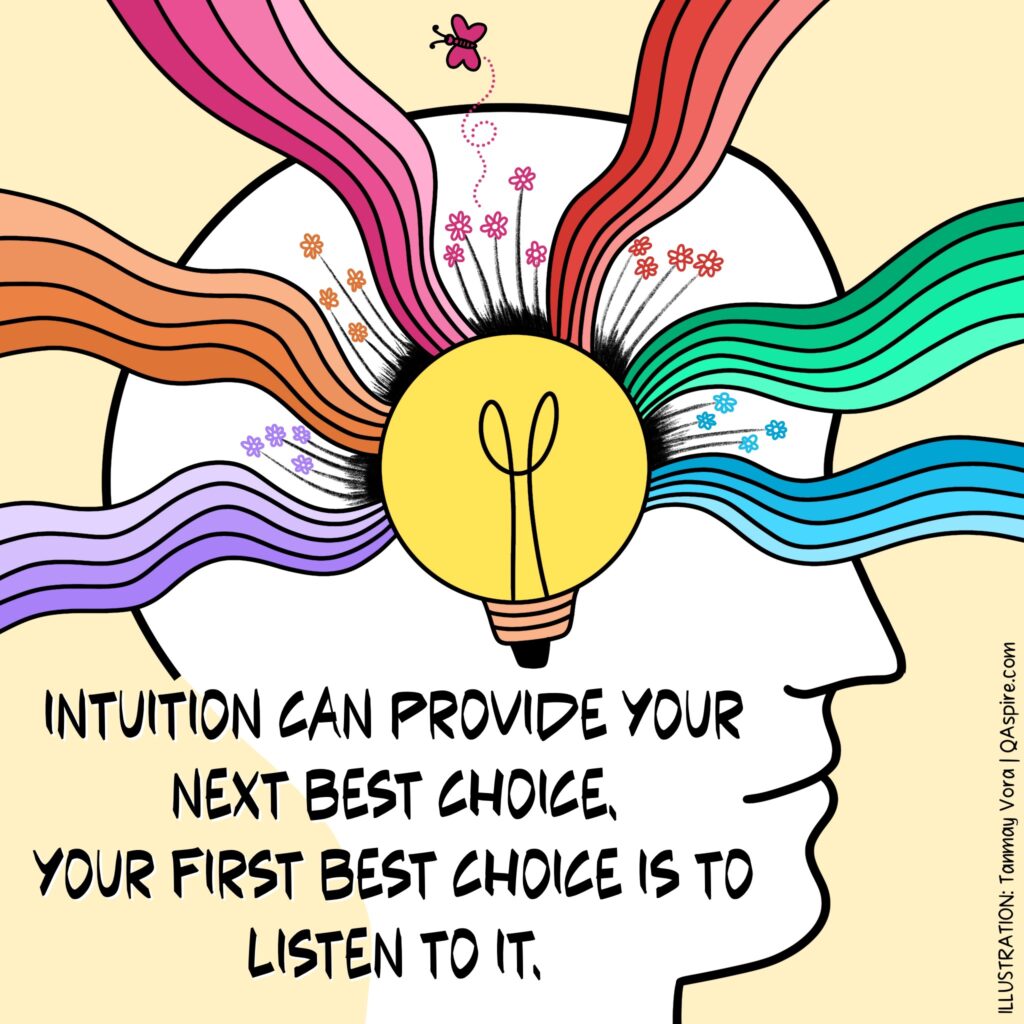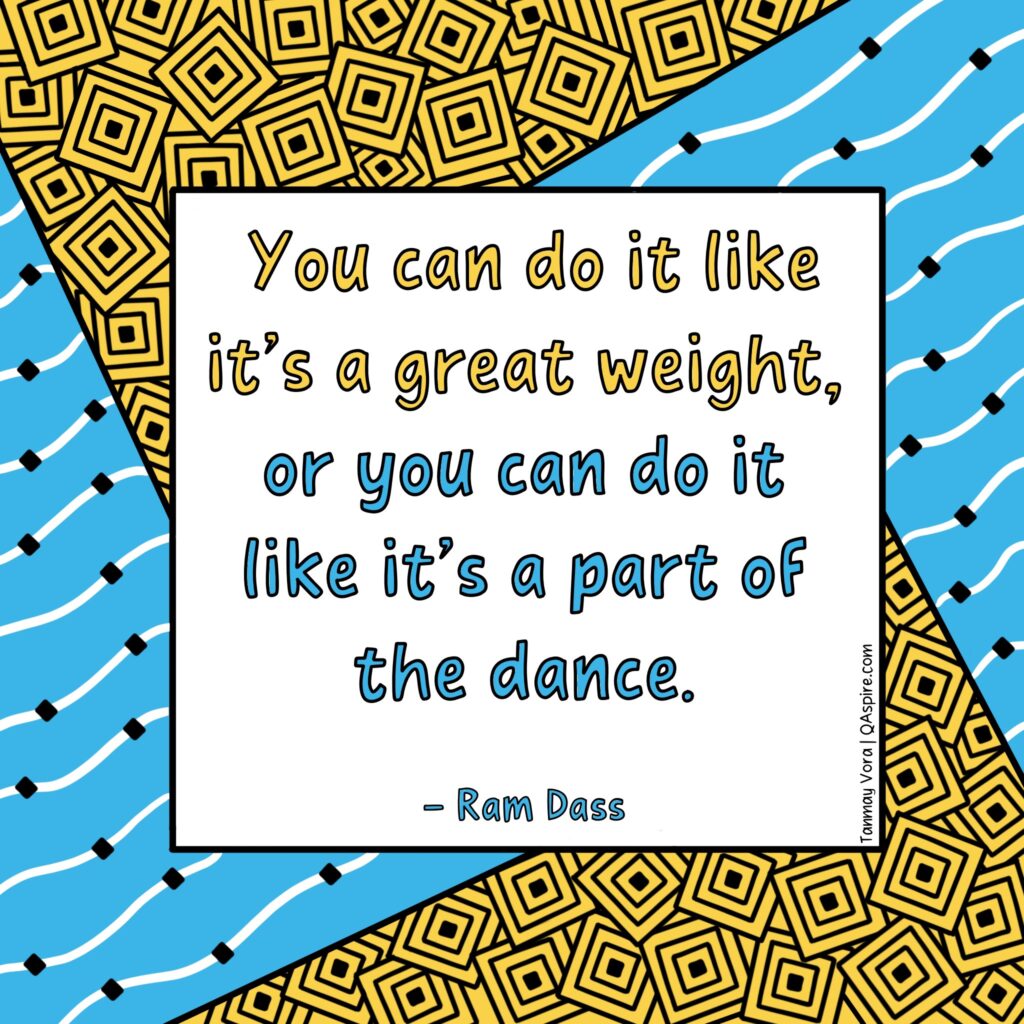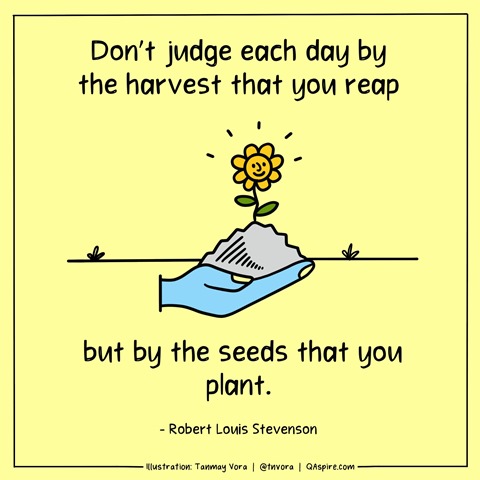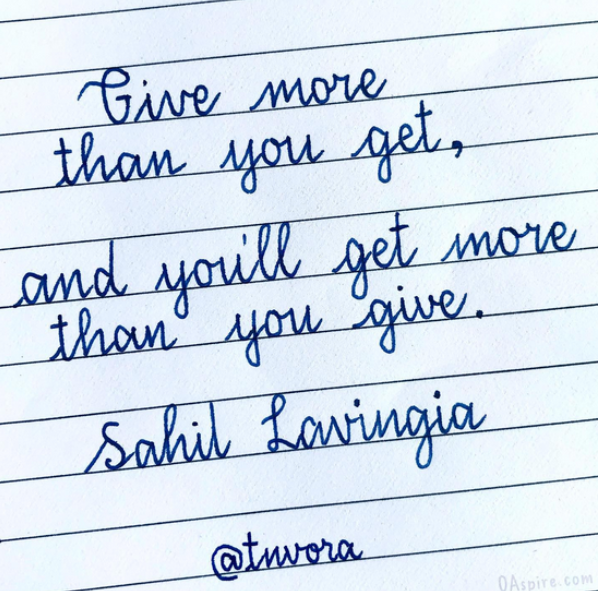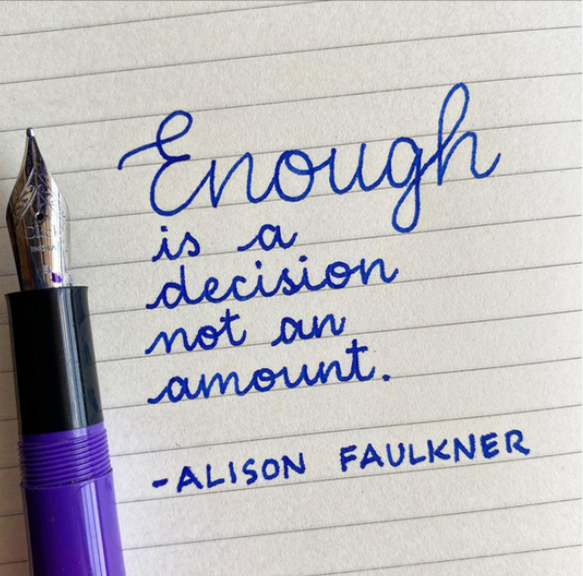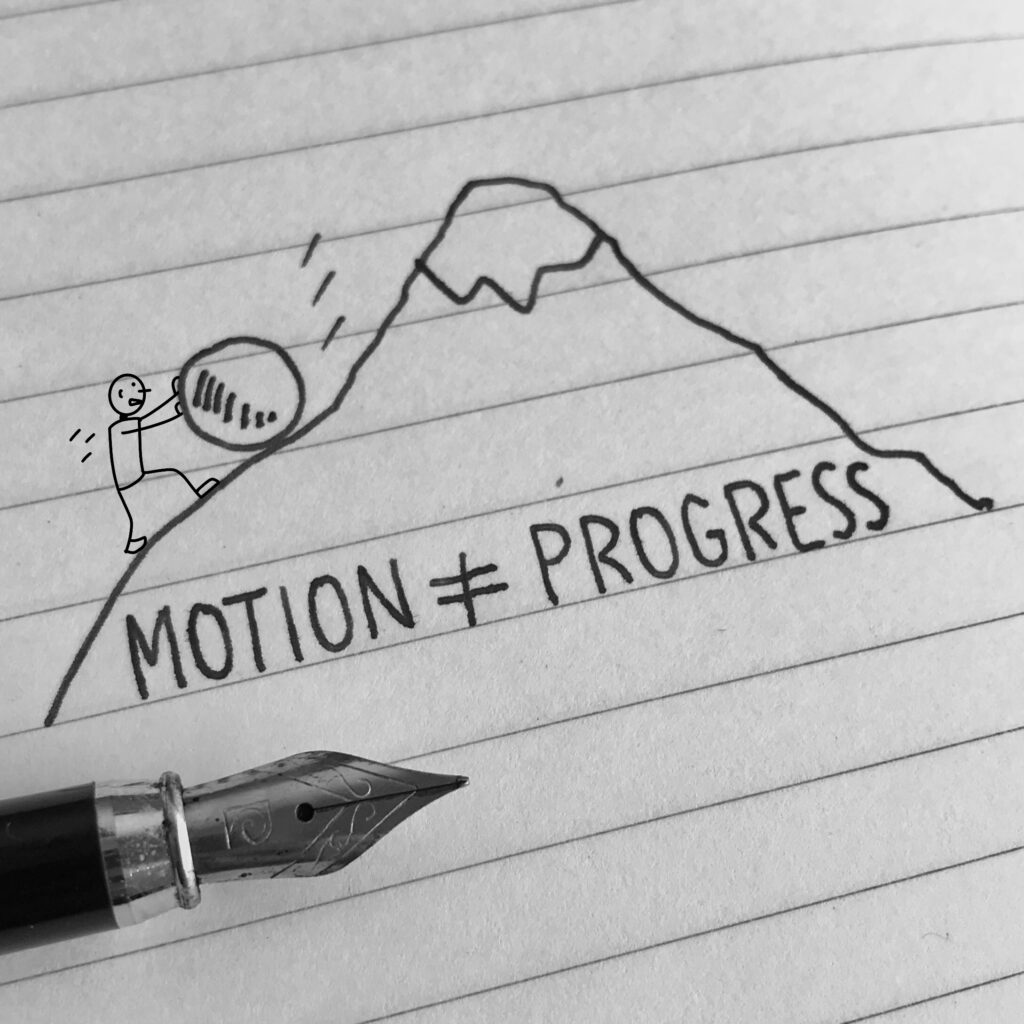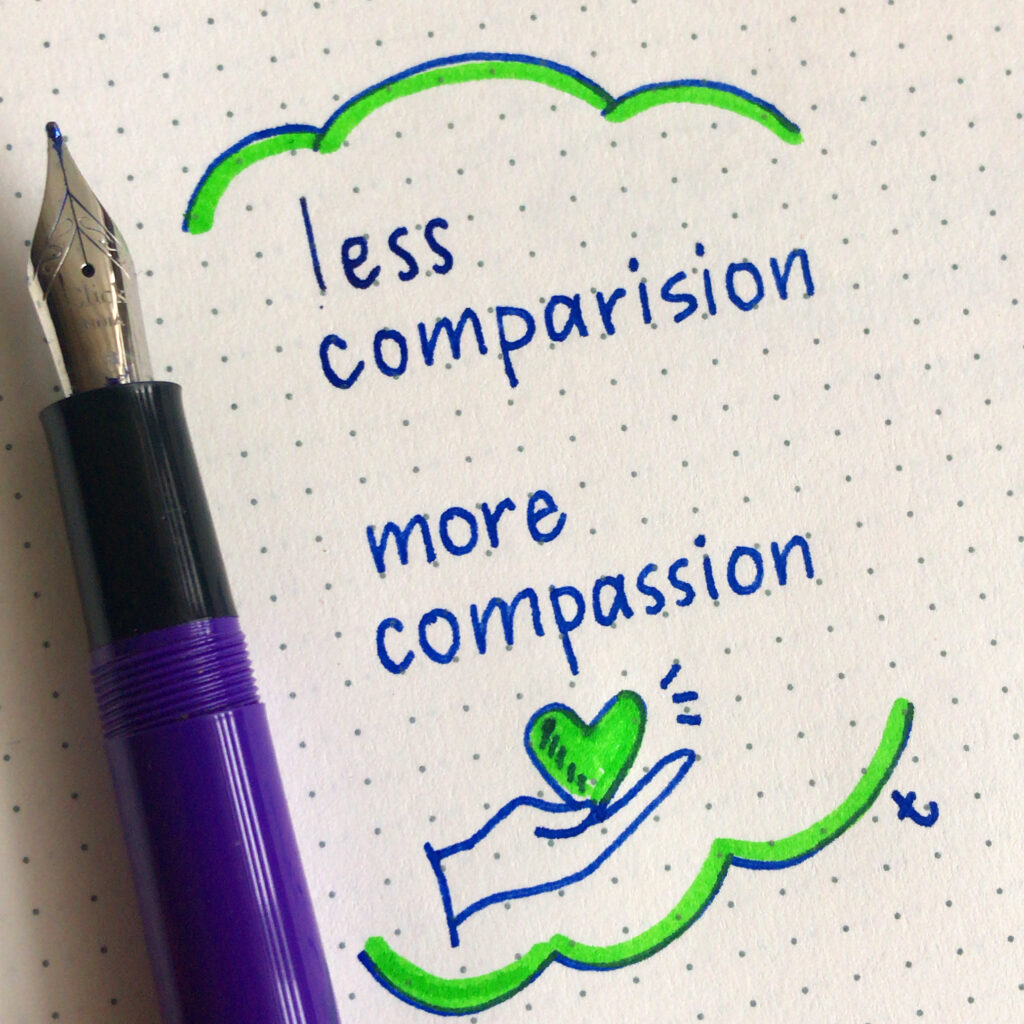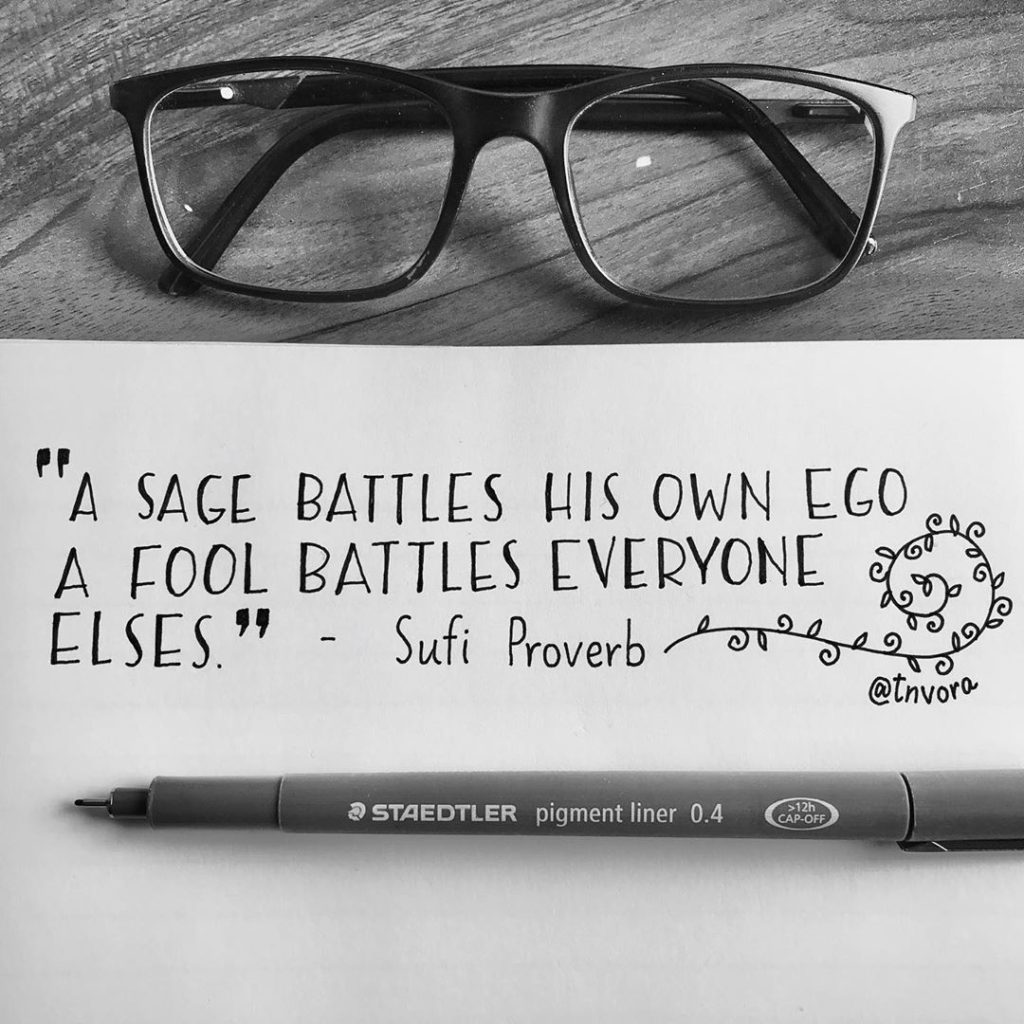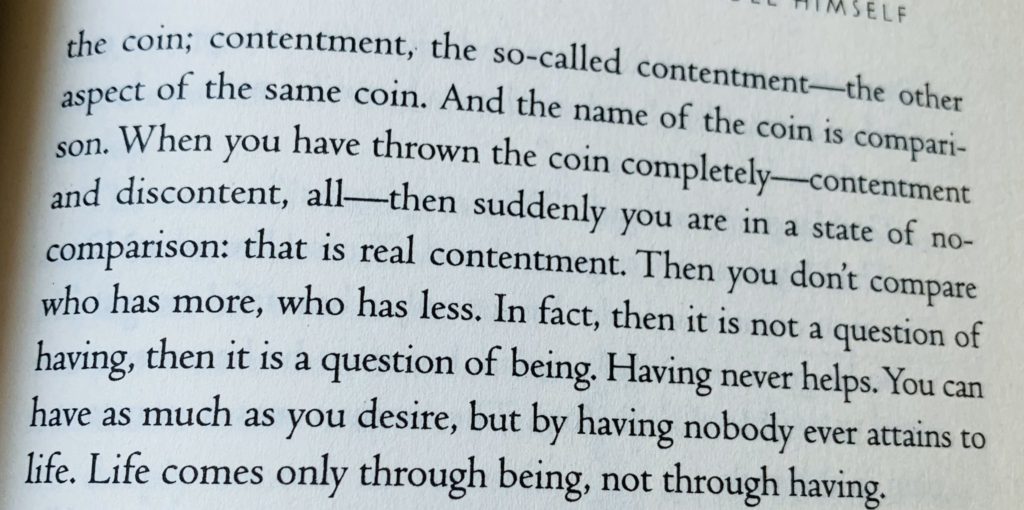Nothing fails like success. We gain success by doing what works for us. We do more of what works for us, until it doesn’t.
And then, the very thing that contributed to our success becomes the reason of our failure.
This happens because to often, we become prisoners of our own experiences. Because we find it difficult to step out of our limited viewpoints formed through finite experiences.
To avoid this, we need an ability to think critically, map our lessons to the context in which we currently exist and learn in an iterative way.
We need to belong to a community of people who can challenge our thinking. We need to contribute to this community. We need a mindset of an explorer who is ready to uncover and deal with the uncertain next.
Then we can build on our success rather than being imprisoned by it.
– – – –
And here is another perspective to consider.
We stand a chance to fail only when we have succeeded. So, if you are successful by external metrics (title, position, authority, material success etc) then do know that you may fail at some point. What goes up invariably will see a downfall.
How do we deal with a downfall after we have succeeded in the eyes of other people?
First and foremost, it is best not to be driven by or attached with external measures of success. Money, titles, authority are merely by-products of being who you truly are. When your doing stems from your being and feeds your joy, you will associate success with inner well-being rather than external measures.
Second is to work in your inner calm. We get too excited when we taste success and too dejected when we experience set backs. But most wise people I know have worked at building their inner state where they handle life situations with equanimity.
If we do this, we won’t really fail when we fail, but instead use it as an opportunity to step up further.
Nothing fails like success.

